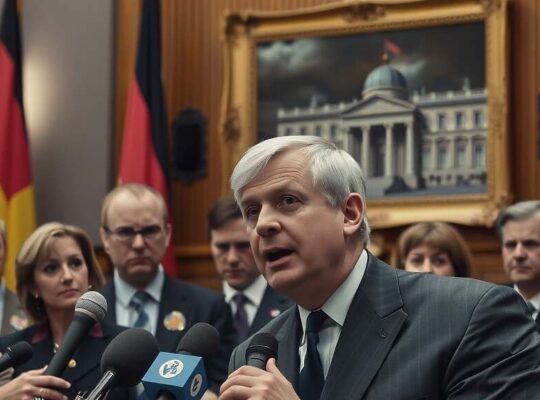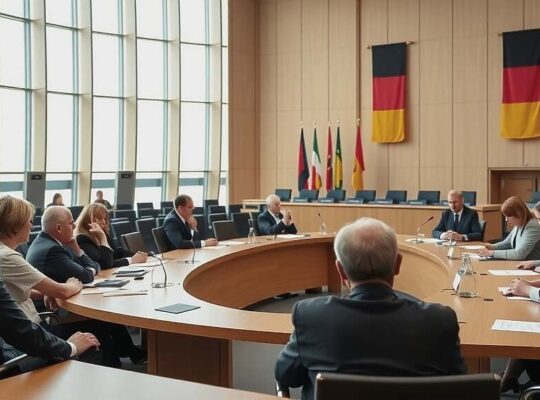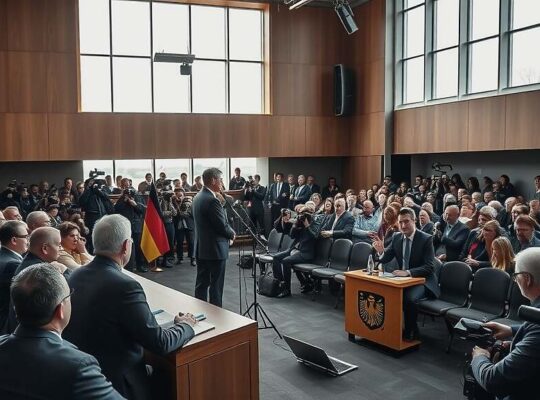Following the fragile peace accord reached between Israel and Hamas, a prominent faction within Germany’s ruling coalition, the Christian Social Union (CSU), is vocally advocating for the immediate revocation of sanctions and travel warnings imposed on Israel. Alexander Hoffmann, leader of the CSU’s parliamentary group, asserted in an interview with “Bild” newspaper that existing punitive measures should be lifted “immediately” encompassing sanctions and restrictions on supply chains alongside the removal of travel advisories.
The call for rapid normalization of relations stems from a desire to demonstrably signal Germany’s commitment to Israel’s security and its long-standing political and diplomatic alignment. Hoffmann stressed the importance of restoring what he termed “a decades-long tradition of consistent and reliable foreign policy support” for Israel.
However, the CSU’s pronouncements are not without a critical undertone. Hoffmann cautioned against repeating past mistakes during the anticipated reconstruction efforts, specifically referencing concerns that previous humanitarian aid has inadvertently channeled funds to Hamas. This caveat highlights a deeply rooted skepticism regarding the governance structures within Gaza and the potential for diversion of resources, demanding a more rigorous oversight mechanism in any future aid packages.
The CSU’s position places them at odds with more cautious voices within the German government, who likely prioritize ensuring aid reaches civilian populations effectively and does not fuel further instability. The insistence on prompt sanctions relief, coupled with these criticisms of past aid distribution, could present a challenge to the governing coalition’s unity and underscores the complexities of navigating German foreign policy in the region. The push for a rapid shift in approach also risks downplaying, or ignoring, the underlying grievances and complex political landscape that fueled the recent conflict.












